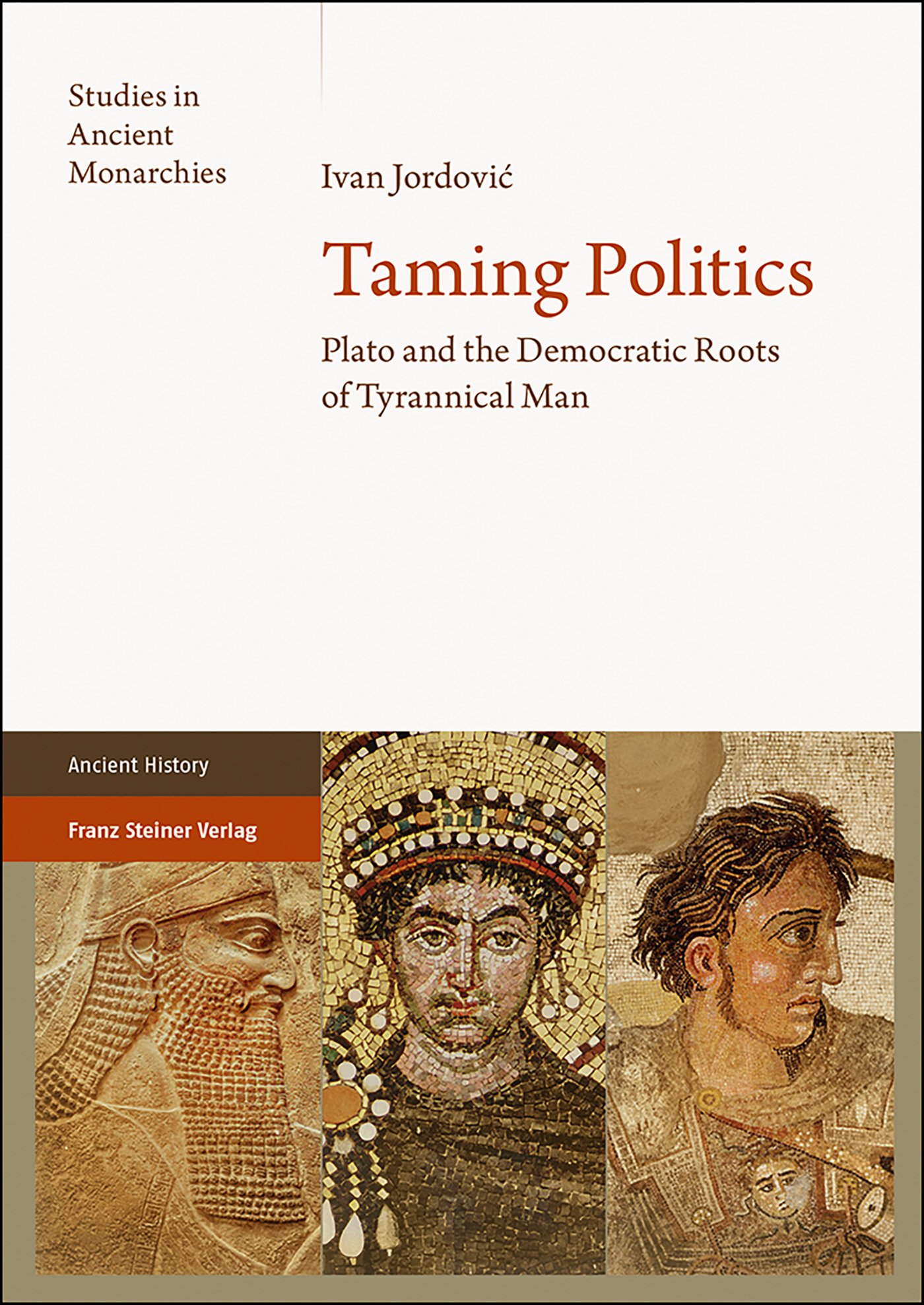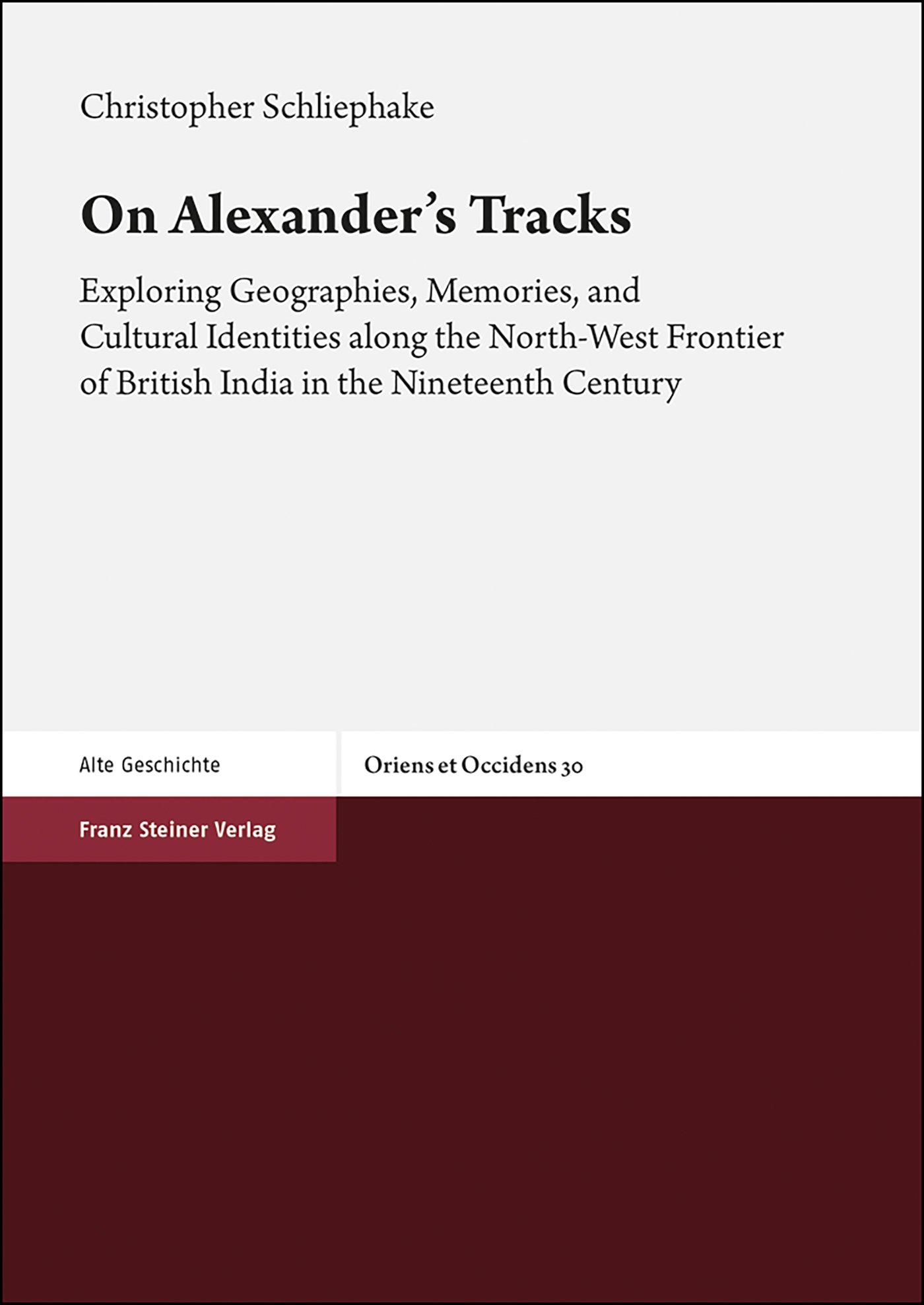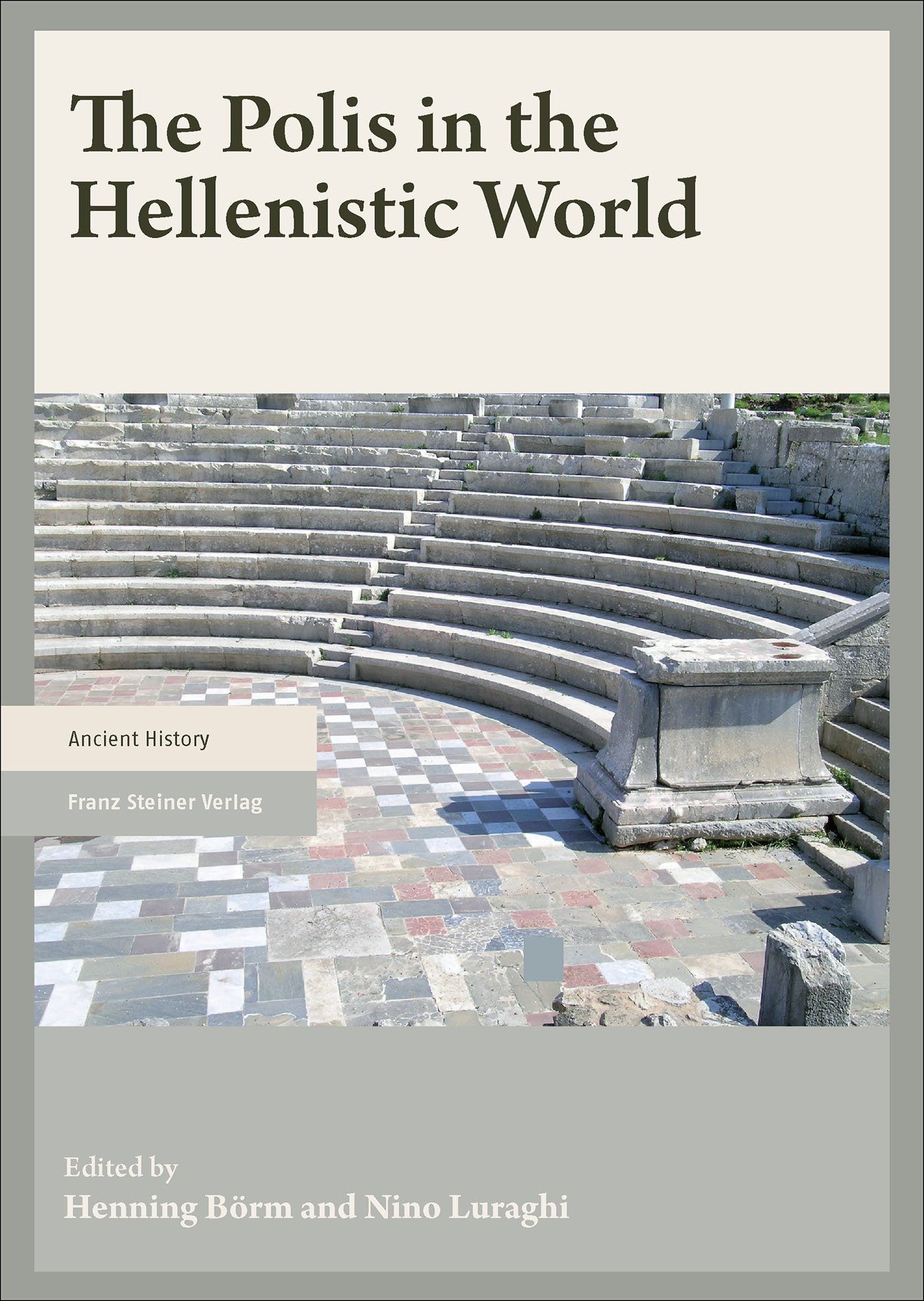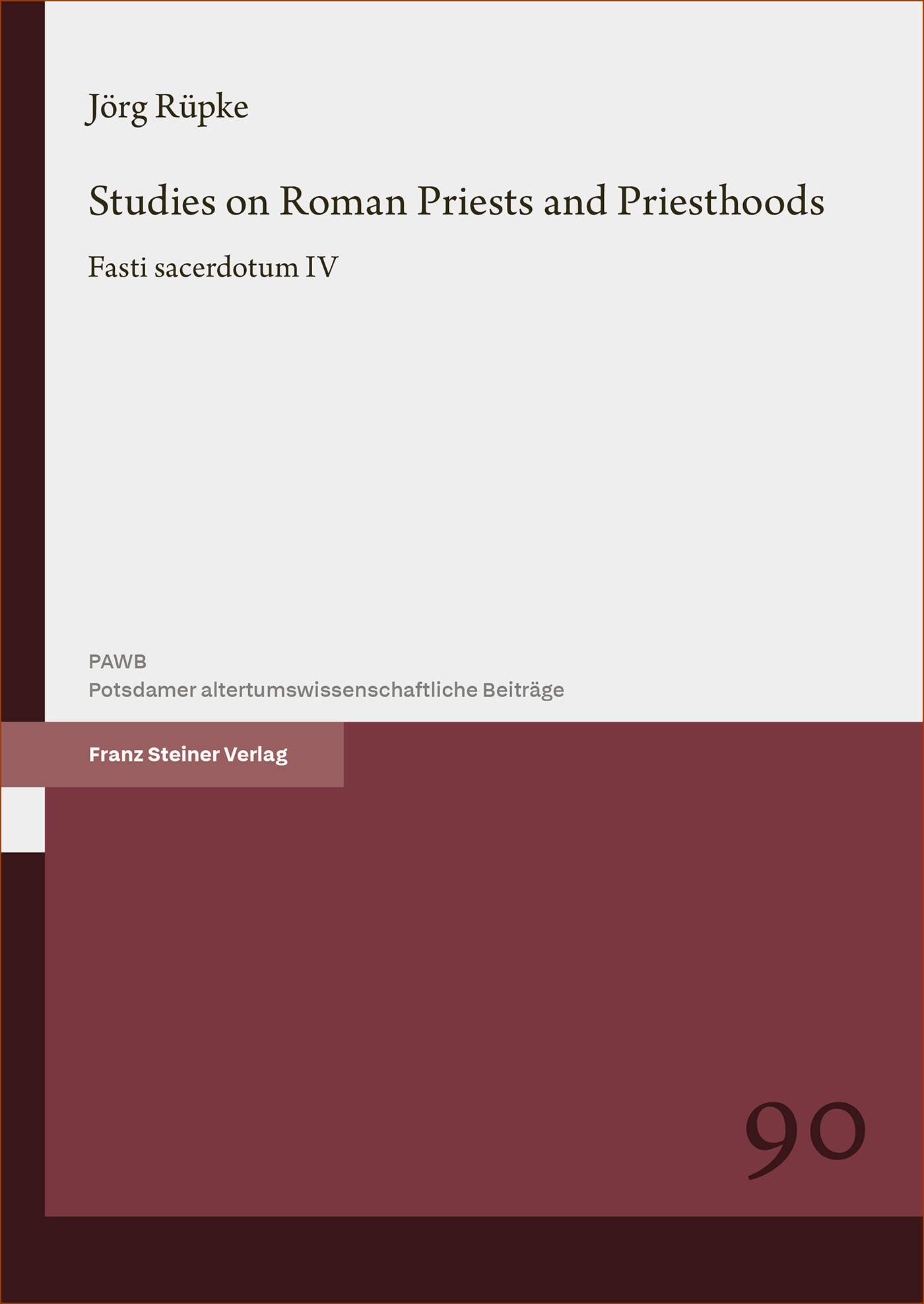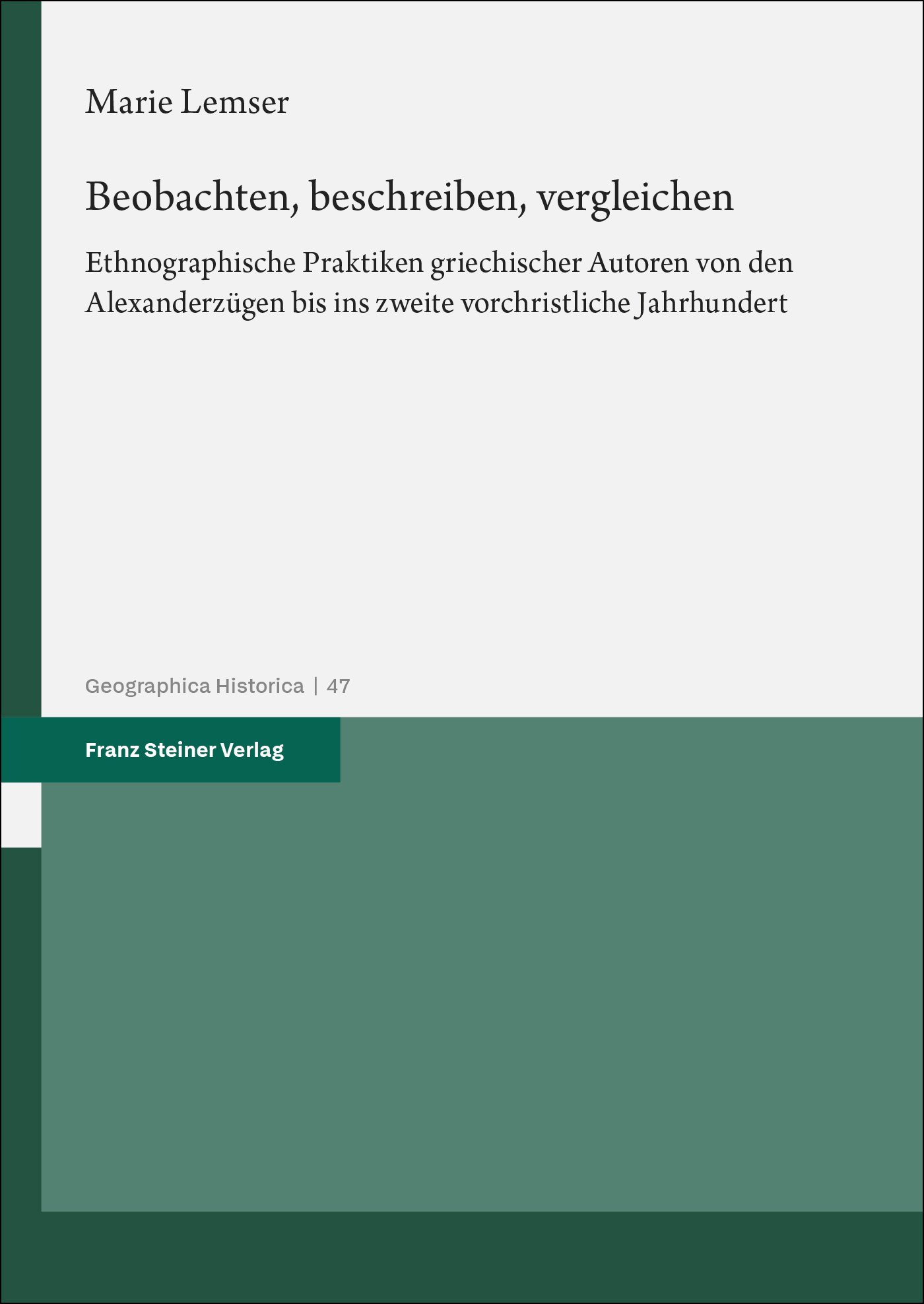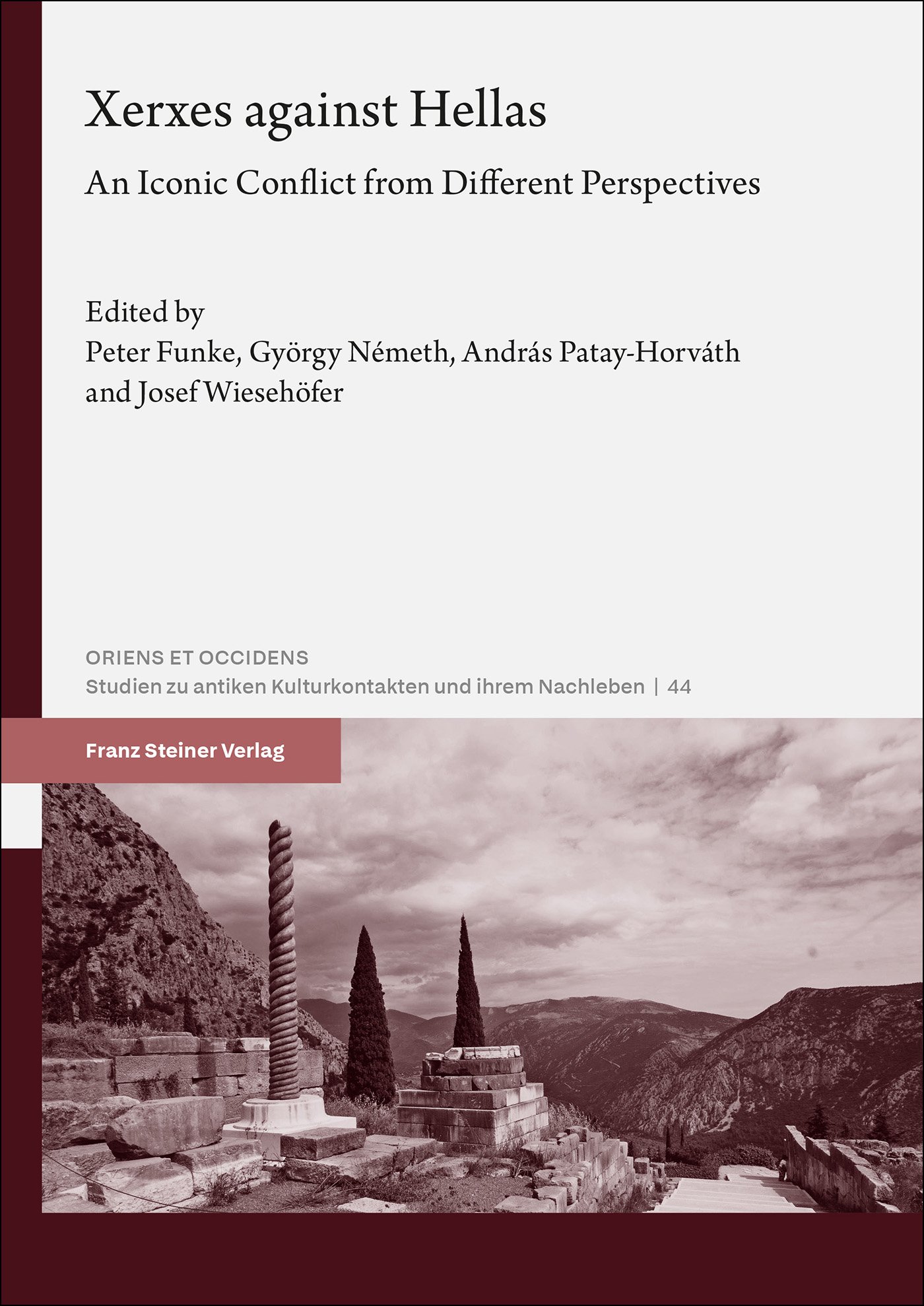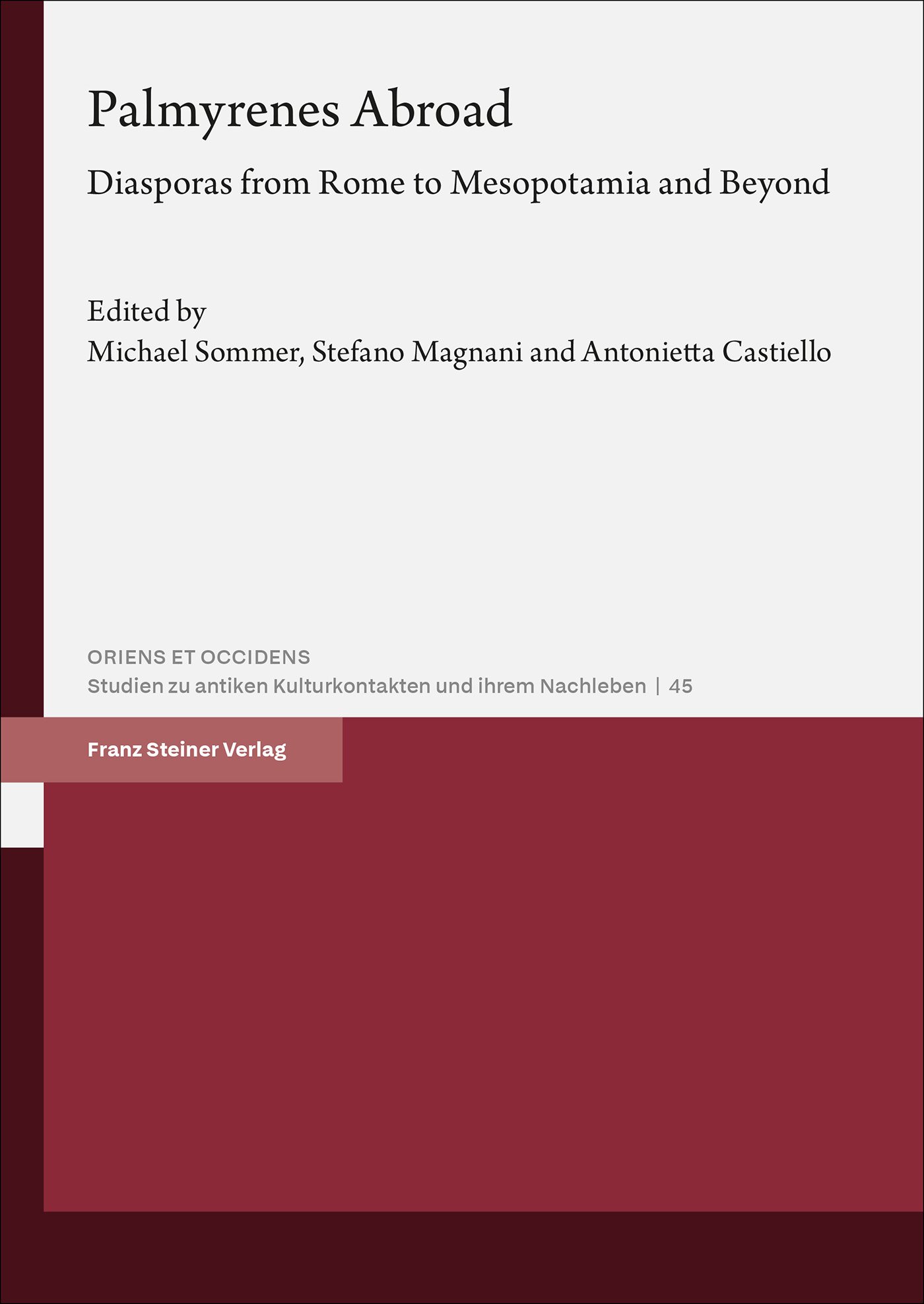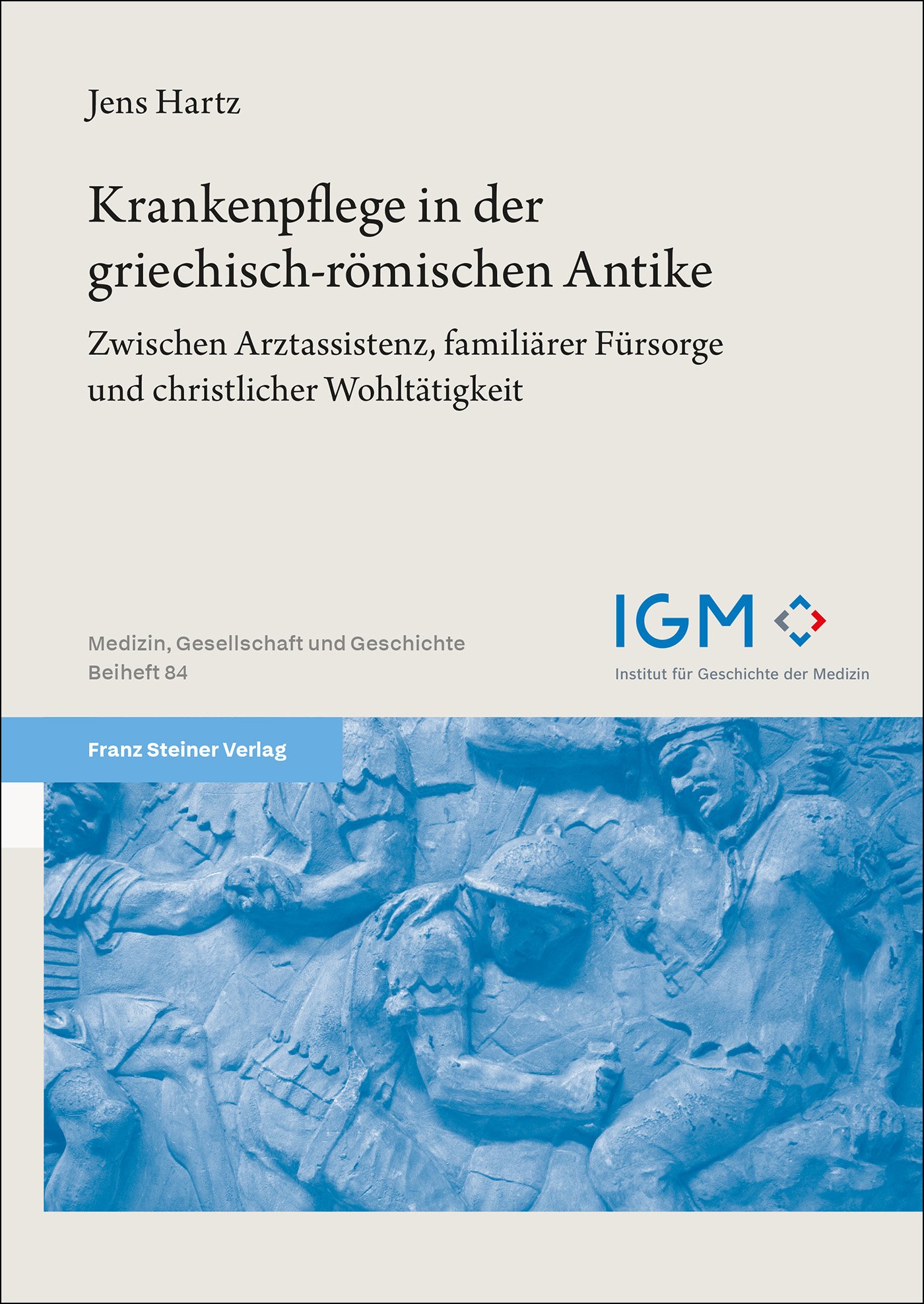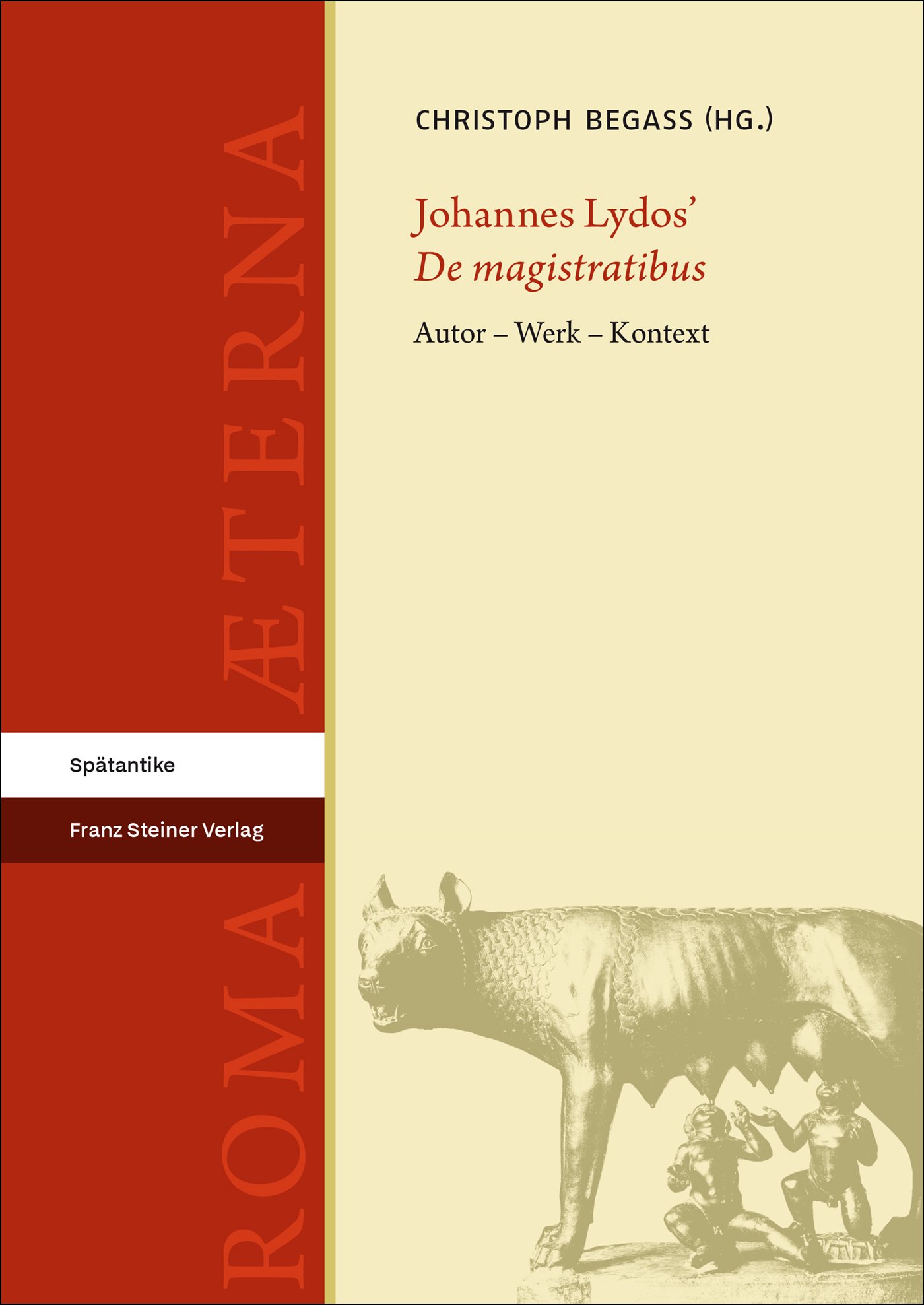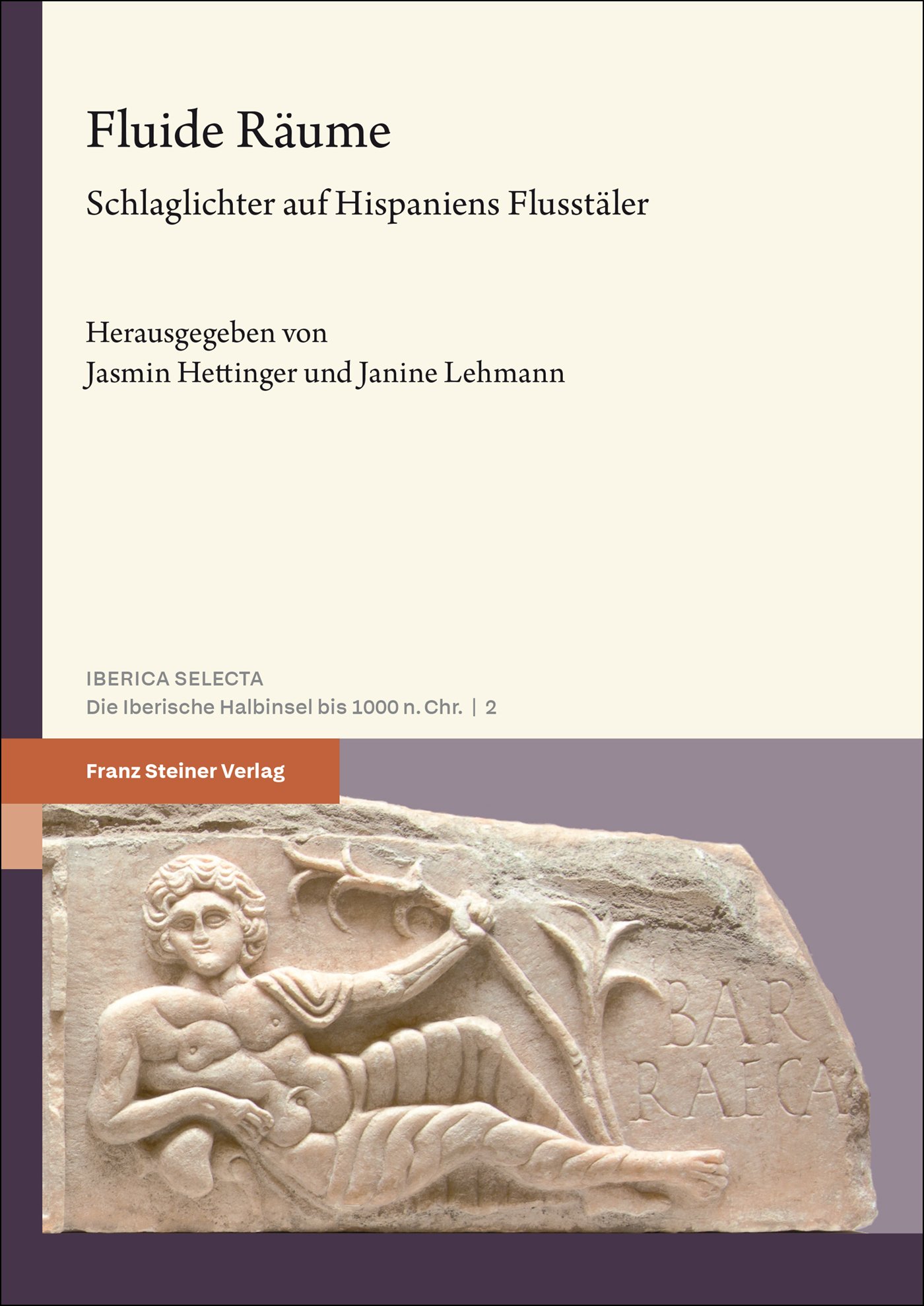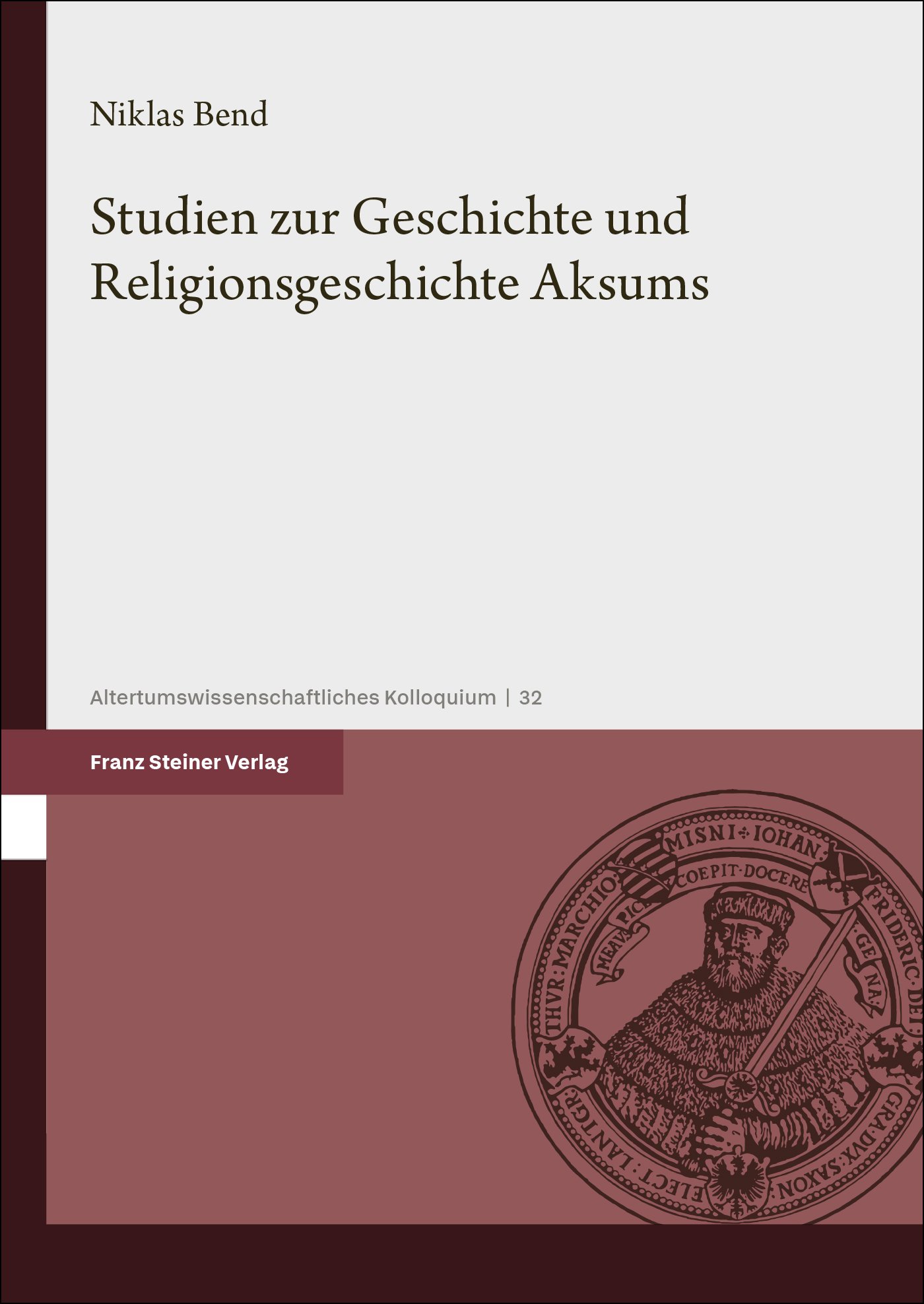Taming Politics
Plato is often reproached for having a distorted view of democracy due to prejudice and an elitist philosophical approach. Such objections are not utterly groundless, but they miss the gist of the matter. One of the main aims of this study is to show that, while conceiving his critique of democracy, Plato has a clear perception of its development and elements. A further objective is to demonstrate how he draws on democratic ideology to advance his own political theory. Accordingly, this book will expose numerous intertextual connections of Plato with other authors of this epoch. The first and greater part of this study reveals how in the "Gorgias" Plato gives a detailed account on the process of democratic man's transformation into tyrannical man. The second part examines the parallels between this dialogue and the "Republic". Thus, Plato's intimate knowledge of democratic ideology shows that his criticism of phenomena such as absolute freedom, demagoguery (populism), glorification of power, traditional politics etc. remains relevant.
"Dieser erfrischende Blick auf Platons "Gorgias" und dessen Vernetzung mit anderen literarischen Reflektionen über die demokratische Ordnung Athens sowie deren Akteure ist lesenswert."
Sven Günther, Historische Zeitschrift 313, 2021
"… a valuable contribution to Platonic scholarship."
Anders Dahl Sørensen, Sehepunkte 20, 09/2020
"[...] eine für die Platon-Interpretation wegweisende Monographie […]"
Otto Eckart, Zeitschrift für altorientalische und biblische Rechtsgeschichte, 2019
| Series | Studies in Ancient Monarchies |
|---|---|
| Volume | 5 |
| ISBN | 978-3-515-12457-7 |
| Media type | Book - Hardcover |
| Edition number | 1. |
| Copyright year | 2019 |
| Publisher | Franz Steiner Verlag |
| Length | 236 pages |
| Size | 17.0 x 24.0 cm |
| Language | English |
